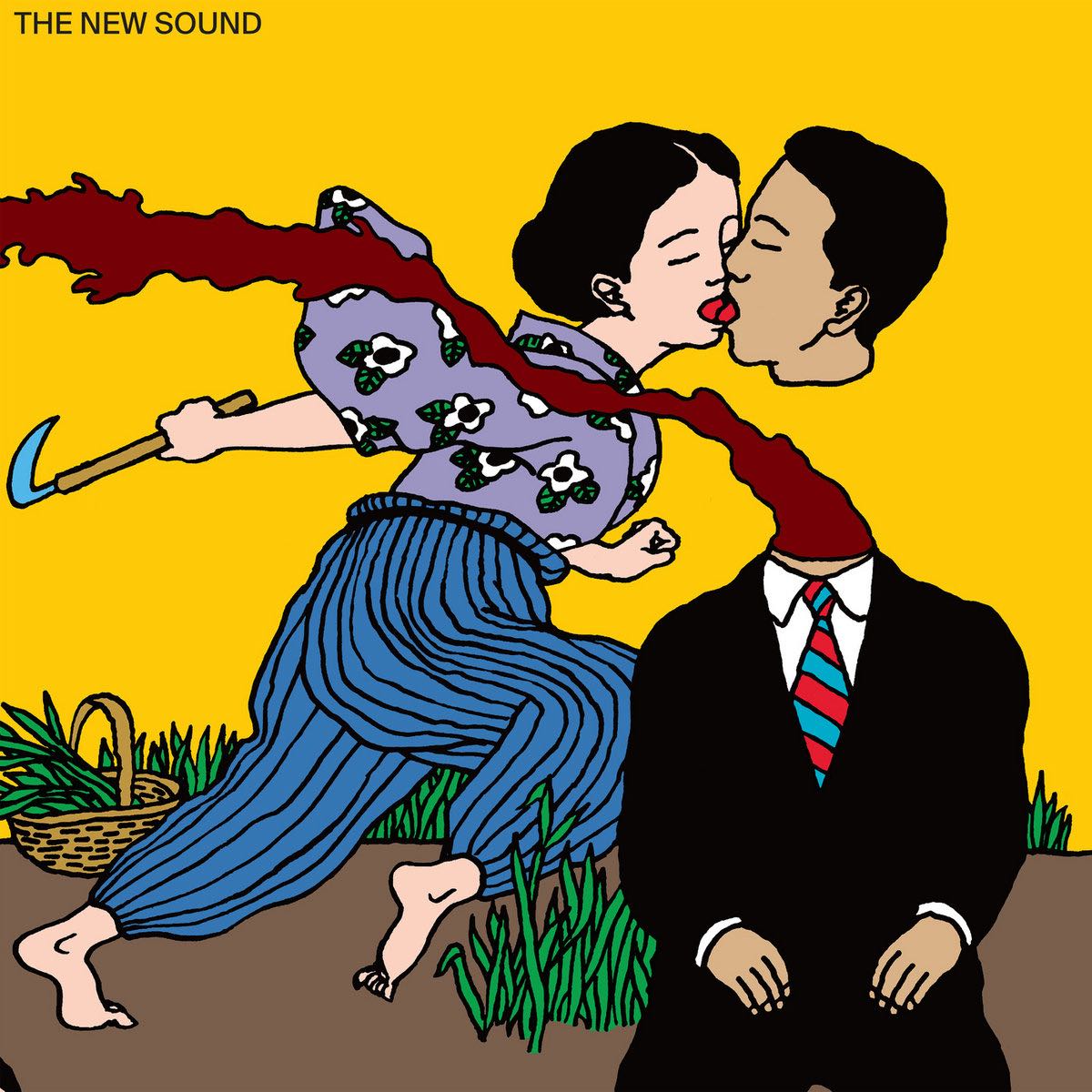Geordie Greep
The New Sound
ROUGH TRADE
ABOVE THE CURRENT
Geordie Greep’s August statement that “Black midi was an interesting band that’s indefinitely over” was surprising at the time. Even his own bandmates were caught off guard. Cameron Picton, who sang and played bass in the group, released his own statement: “We’d agreed not to say anything about ‘breaking up’ so I was as blindsided as everyone else last night but maybe in a different way. I guess sometimes all you can say is lol.” It seems like Greep does whatever he wants, which, hell yeah. But, it also begs a vital question that relates to the very chaotic and overwhelming core of his first solo album, The New Sound. Namely, during the Black Midi era, what wasn’t he allowed to do? Have you heard those records? They’re batshit free jazz meets math rock meets prog meets everything in between. If Greep had busted up against the outer limits of what that project could provide, what would The New Sound sound like?
Well, there are a lot of touchstones, but it also sounds completely unlike anything else I’ve ever heard. Is that a good thing? Sometimes, certainly. Is it a bad thing? Not really, but kind of? I don’t think Greep would have it any other way. It often reminds me of the I Think You Should Leave skit where Fred Willard plays a substitute organist at a funeral, except the conceit of the bit is that he performs on a fotoplayer instead of an organ. When the priest asks the mourners to bow their heads, Willard performs a number highlighted by breaking dishes, car horns, whistles, slides, and more—which all obviously plays against the imagery of the service’s mourning attendees. This is sort of what The New Sound is like: extremely funny, stripped of the serious context from which this music would normally exist, and aimed to get as loud of a reaction as possible.
It works because the musicianship is extraordinary and Greep fully buys into the concept. If a few songs existed in this realm—if “Holy Holy” was the only song that posited “What if King Crimson hosted a night at a Vegas lounge?”—the vision would be incoherent. “From the shores of Havana / To Moscow and Tokyo / In French Guyanese, in Cantonese / Everyone knows my name” is an all-time bar because Greep plays the role of coked-up street poet throughout the whole project. If David Byrne had the philosophical bent of Parquet Courts and the ego of Kanye, he might sing and write like Greep.
The most interesting thing about The New Sound is that it’s an album event in an era when so few things exist with such ambition. There’s a naked devotion to the album being big that’s both endearing and intoxicating. It’s a bit like the musical version of Babylon; full of stars and big swings that occasionally lead to strikeouts but also knock out a few grand slams. I’m no statistician, but that’s a helluva lot of RBIs. That film was applauded for its scope and embraced by a cult-like audience. I have a feeling The New Sound might exist in a similar realm: beloved by few, appreciated by even more, but also ignored—if not outright reviled—by plenty of people, too.
Not everyone may know his name, but those that speak of Geordie Greep do not whisper. Nay, we shout from rooftops made of gold with crystal chalices in our hands. Turn The New Sound down and you can hear our cheers echoing through concrete jungles and unpopulated deserts alike. OK, now please turn it back up.







